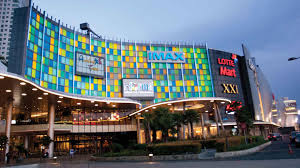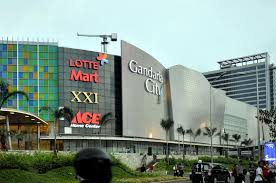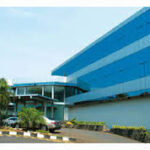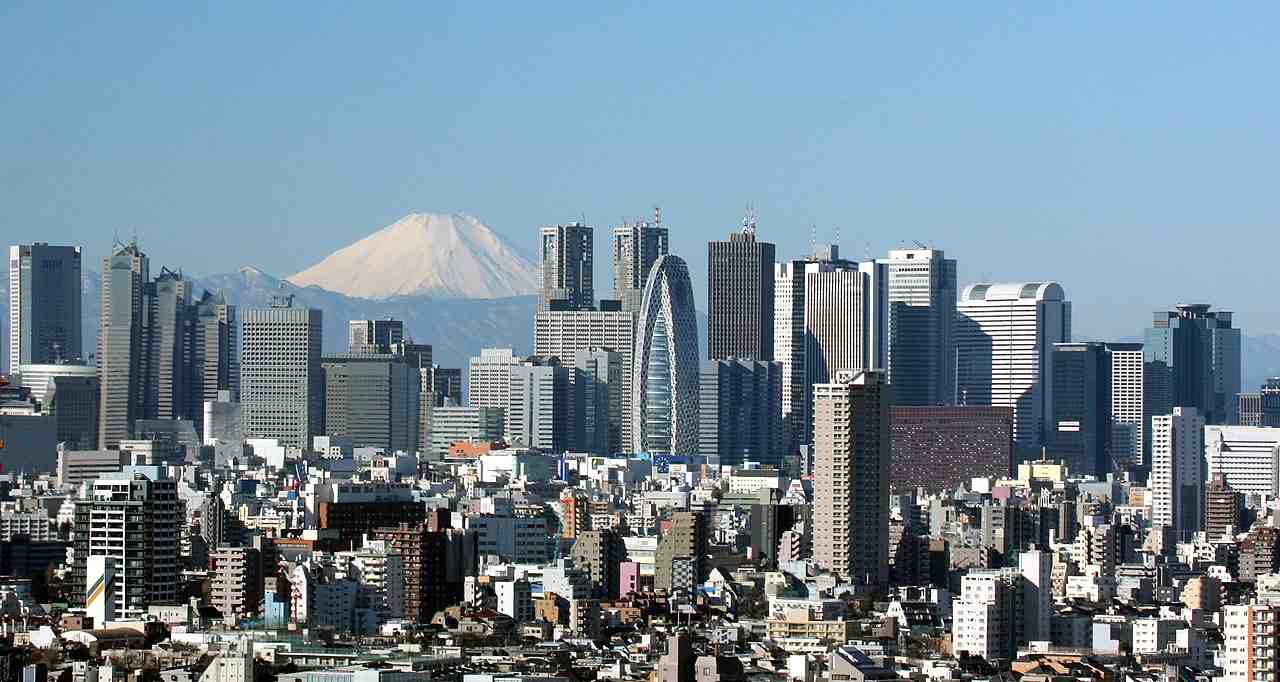When one thinks of the word “mall,” what often comes to mind is a place filled with clothing stores, jewelry outlets, and home goods retailers. However, in recent years, this concept has started to shift. In various major cities across Indonesia, malls are no longer just destinations for shopping; they have transformed into centers of entertainment and dining. This shift not only responds to the changing lifestyle of consumers but also reflects the survival strategy of mall operators in the face of the growing dominance of online shopping. From Jakarta to Surabaya, many malls are now rebranding themselves as “entertainment centers” and “F&B (food and beverage) hubs.”
This transformation is evident in some of Indonesia’s most prominent malls. Central Park and Neo Soho in Jakarta, Paskal 23 in Bandung, and Pakuwon Mall in Surabaya are just a few examples of shopping centers that have redefined their business strategies to attract visitors with experiences beyond mere shopping.
From Shopping to Entertainment: Strategies to Attract Visitors
In the early 2000s, malls in Indonesia were favored destinations for those looking for the latest fashion items, electronic gadgets, and household accessories. However, the rapid development of technology, especially with the rise of e-commerce, has altered consumer behavior. People now prefer shopping online as it is more convenient and offers greater discounts. This trend has led many retail stores in malls to lose foot traffic and, in some cases, forced them to close down.
In response, malls in Indonesia began to adjust their concepts. They shifted their focus from retail to entertainment and dining. Malls no longer just serve as places to buy goods; they have become destinations to spend quality time with family, friends, or partners. Elements such as cinemas, children’s playgrounds, amusement parks, fitness centers, and indoor sports arenas have become the main attractions. Malls now provide spaces for social interaction in a comfortable and modern environment.
Entertainment and F&B Concepts: Addressing the Needs of a Modern Lifestyle
This entertainment-centered concept is supported by the evolving lifestyle of urban communities that increasingly value experiences over mere possession of goods. Mall visitors are now more attracted to activities that can fill their leisure time in a productive and enjoyable way. This is why premium cinemas such as CGV and XXI Premiere, playgrounds like KidZania at Pacific Place Jakarta, and Trampoline Parks at Mall Kelapa Gading have become increasingly popular.
Central Park Jakarta, for example, actively promotes itself as a “one-stop entertainment” destination. The mall features an outdoor area called Tribeca Park that frequently hosts music concerts and food festivals. Its strategic location in the city center also makes it a favorite spot for families. They can relax in outdoor cafes while watching art performances without having to step into retail stores.
Another example is Summarecon Mall Serpong (SMS), which has a dedicated area for food streets and food courts, offering a wide array of Indonesian and international cuisine. The exterior of the mall is also designed with an “Alfresco Dining” concept, providing an outdoor dining experience. Meanwhile, the mall has also introduced unique entertainment such as dancing fountains and weekly music performances that attract visitors from various demographics.
Focus on F&B: A Paradise for Culinary Enthusiasts
Focusing on the food and beverage (F&B) sector has become a key strategy adopted by almost all major malls in Indonesia. According to a survey by the Indonesian Shopping Center Association (APPBI), over 30% of the total area in newly opened malls is now allocated for food and beverage outlets, up from around 10% in the early 2000s. This indicates that the culinary sector has become the main attraction for visitors looking for diverse dining options.
Shopping malls like Grand Indonesia in Jakarta even have multiple floors dedicated to restaurants and cafes. “Food Society” at Kota Kasablanka, “The Food Hall” at Plaza Indonesia, and “Taste Central” at Senayan City are examples of culinary areas designed with thematic concepts to create a more attractive atmosphere. Mall operators often host food festivals to draw in new visitors and increase exposure for their F&B tenants.
Moreover, the traditional food court concept, which was once filled with fast food outlets, has now evolved into modern food parks with attractive interior designs and a wider variety of cuisine. Plaza Senayan, for instance, has revamped its food court into “PS Gourmet,” offering a range of gourmet food choices in a more exclusive setting.

The Pandemic Momentum and Digital Transformation
The transformation of malls has been accelerated by the COVID-19 pandemic. During the period of social restrictions, many retail stores in malls were forced to close temporarily, prompting mall operators to think creatively about how to bring back visitors. As restrictions were eased, these malls shifted their focus to providing open spaces and entertainment areas that allowed visitors to relax while still adhering to health protocols.
The pandemic has also pushed malls to innovate through digital technology. Many malls have launched mobile apps that allow visitors to reserve dining spots, book movie tickets, or even access personal shopping services. This experience has made visitors feel more comfortable and safe when visiting the mall.
Examples of Concept Transformation: Paskal 23, Tunjungan Plaza, and Pakuwon Mall
In Bandung, Paskal 23 is a clear example of a mall leveraging the F&B and entertainment concept as its main attraction. With a large outdoor area and over 100 food and beverage tenants, Paskal 23 has become a favorite destination for Bandung residents looking to enjoy a relaxed atmosphere while sampling a variety of culinary offerings. The mall also frequently hosts entertainment events such as music competitions, art exhibitions, and food festivals to draw in crowds.
In Surabaya, Tunjungan Plaza and Pakuwon Mall have also transformed their concepts into entertainment hubs. Pakuwon Mall, for instance, is equipped with various entertainment facilities such as IMAX theaters, children’s playgrounds, and restaurants offering cityscape views from higher floors. Additionally, the mall’s rooftop area is often used for outdoor events such as live music performances and fashion shows.
The Future of the Mall Business in Indonesia: Beyond Shopping
With these changes, the future of the mall business in Indonesia seems unlikely to revert to its previous form. Large malls will continue to develop new concepts that offer comprehensive experiences for visitors, from entertainment to culinary and community activities. For mall operators, the key to success is no longer merely increasing the number of retail tenants, but creating an ecosystem that meets the needs of modern lifestyles.
The transformation of malls into entertainment and culinary centers demonstrates that the retail industry in Indonesia is prepared to adapt to the times. As online shopping continues to dominate, malls must be able to offer experiences that cannot be replicated by a computer or smartphone screen. In this way, the presence of malls in Indonesia will remain relevant and become an important part of the country’s social fabric.
Read More:
- Five Key Challenges for Indonesia’s New President, Prabowo Subianto
- Erick Thohir: From Global Sports Investor to Indonesia’s SOE Minister
- Abu Dhabi and Qatar Commit to Funding Indonesia’s Ambitious 15 Million Housing Project
- JGC Wins $2.4 Billion EPCI Contract for Indonesia’s Tangguh UCC Project
- Coca-Cola vs. Pepsi: The Never-Ending Battle In the Global Beverage Industry



























